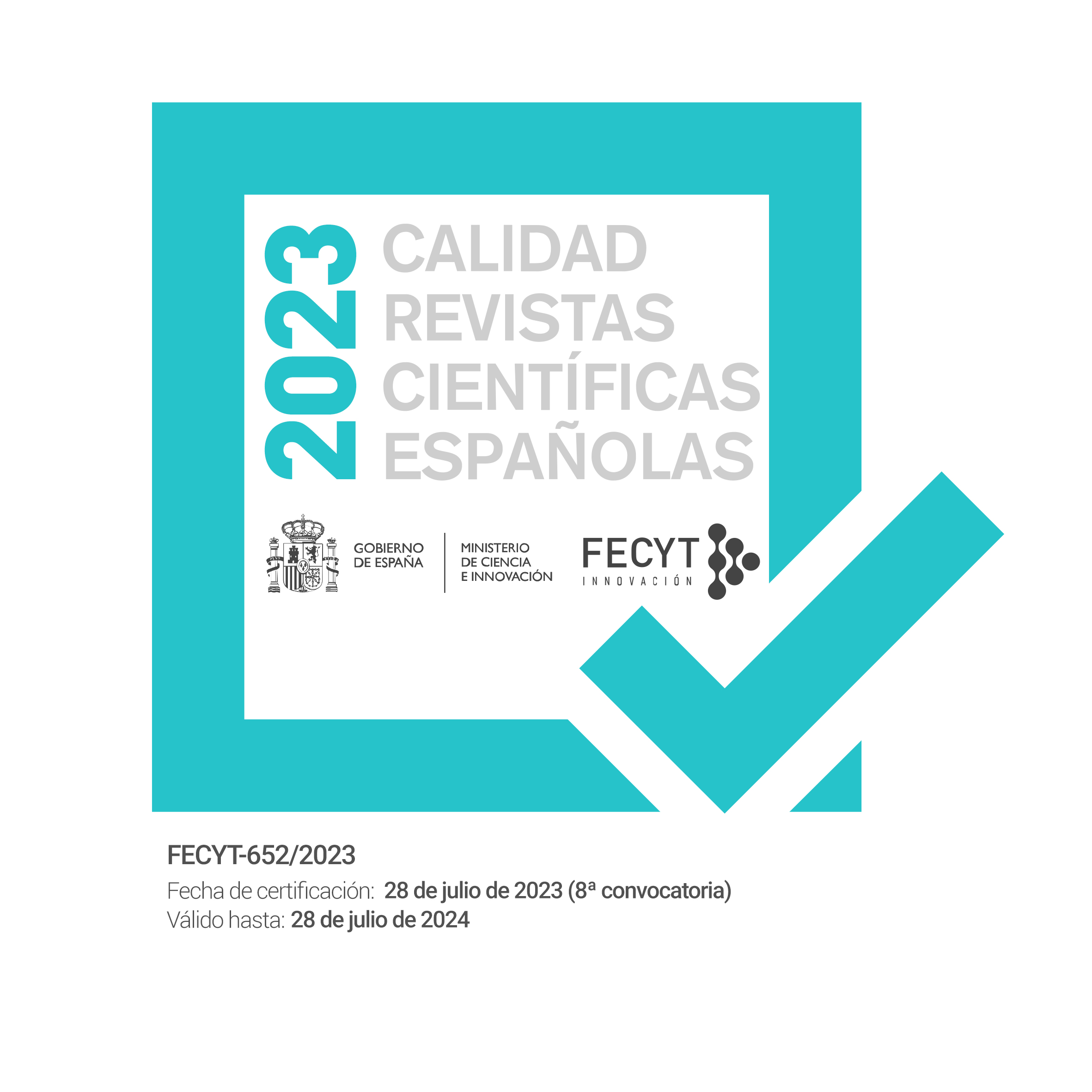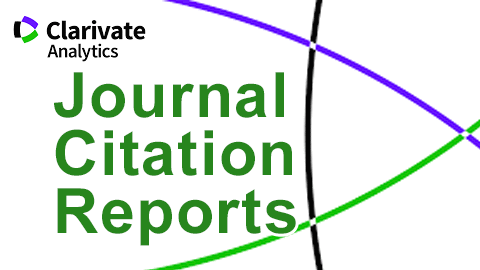Address Forms and Politeness Markers in Spanish Students’ Emails to Faculty
DOI:
https://doi.org/10.58859/rael.v21i1.501Palabras clave:
politeness; emails; tú, ustedResumen
In the present era of global online communication, email exchanges are one the most common means of interaction between students and professors (Tseng, 2015). However, emails may convey an impolite tone if students do not take status or power imbalance into account to show politeness (Economidou-Kogetsidis, 2011). The present study explored the informal second person pronoun of address (tú) and the formal one (usted) in first and follow-up requestive emails sent by Spanish students. In addition, some structural elements to show politeness in the emails were also examined. Although students had time to edit and correct their emails, our results indicate that in half of first-contact emails tú is employed, a percentage that increases in the follow-up email, therefore ignoring the degree of politeness expected in student-professor email communication. On the other hand, verbal and structural markers of politeness were broadly employed to indicate deference, especially in the first email.
Descargas
Publicado
Número
Sección
Licencia
Derechos de autor 2023 Patricia Salazar-Campillo

Esta obra está bajo una licencia internacional Creative Commons Atribución-NoComercial 4.0.
Reconocimiento – No comercial (CC BY-NC). Bajo esta licencia el usuario puede copiar, distribuir y exhibir públicamente la obra y puede crear obras derivadas siempre y cuando estas nuevas creaciones reconozcan la autoría de la obra original y no sean utilizadas de manera comercial.
Los autores retienen todos sus derechos de publicación y copyright sin restricciones.









